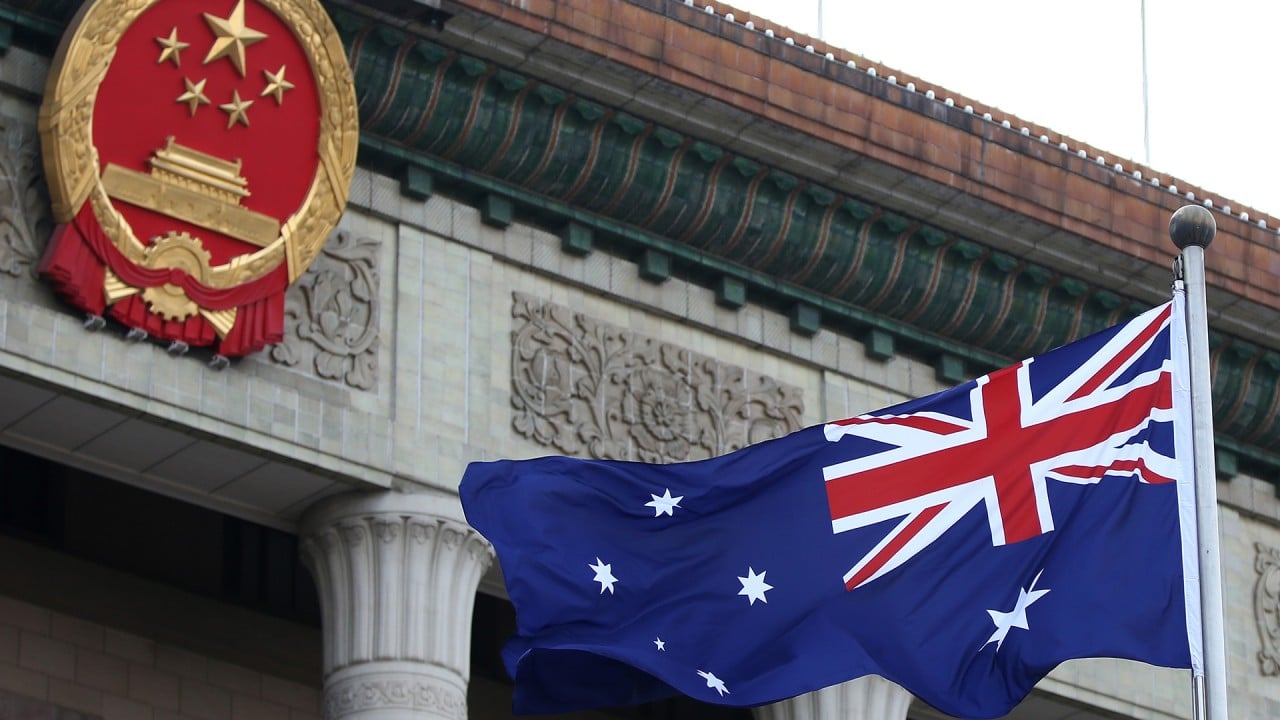
07:55
Australia ditched diplomacy for ‘adversarial approach’ to China and ‘a pat on the head’ from US
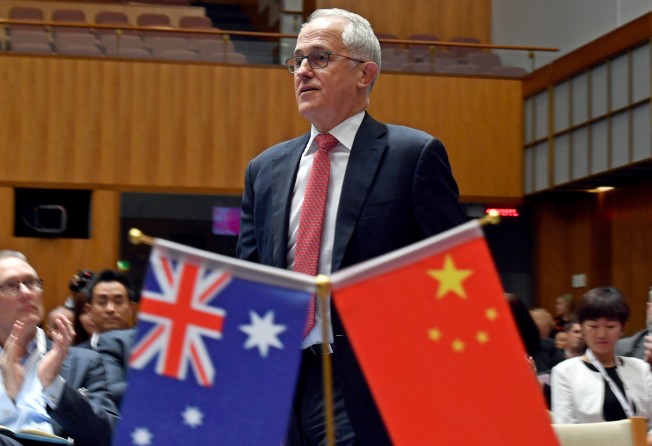
Australia’s former prime minister Malcolm Turnbull has warned that attempts to strong-arm Canberra into changing policy will fail and only damage Beijing’s standing abroad, even as the long-time climate-action advocate backed China’s bid to become carbon neutral by 2060.
Speaking to This Week in Asia as Sino-Australian ties hit their lowest ebb in decades, Turnbull also rejected critics’ suggestions – including those made this week by former foreign minister Bob Carr – that he had kick-started the downward spiral in bilateral ties during his tenure in office.
Turnbull said Beijing’s recent restrictions on Australian exports and public airing of grievances over Australian government policy were counterproductive and would not win concessions from Canberra.
“The fundamental point is this: when someone tries to coerce you or bully you, threaten you, you can’t take a backward step,” he said.
“If you do, then all that will do is invite more coercive activity. The best thing that can happen, frankly, is for this episode to come to an end, and for Australia and China to get back to a traditional, businesslike relationship.”

07:55
Australia ditched diplomacy for ‘adversarial approach’ to China and ‘a pat on the head’ from US
Turnbull, who led Australia between 2015 and 2018, said Beijing’s aggressive approach to foreign policy had weakened its influence overseas, scuppering the opportunity to capitalise on the uncertainty about the United States’ role as a global leader caused by outgoing President Donald Trump.
“Has it won China more influence? No,” he said. “Has it won China more friends [or] persuaded other countries to be more compliant? No … if the object of your foreign policy is, among other things, to win friends and increase your influence in the world, how is any of this helpful?”
Turnbull said it “beggars belief” the Chinese embassy in Canberra decided to release a dossier of 14 grievances that it said had “poisoned” bilateral relations.
The list, leaked to Australian media last week, included Canberra’s proposal for an international inquiry into the origins of the coronavirus pandemic, its ban on Huawei’s involvement in 5G, and “unfriendly or antagonistic” media reports about China.
“Have you ever heard of this being done by any other country anywhere else?” Turnbull said, describing the decision to circulate the list as revealing a “complete misunderstanding” of Australian politics and political culture. “It is so out of the ordinary, it is so plainly counterproductive.”
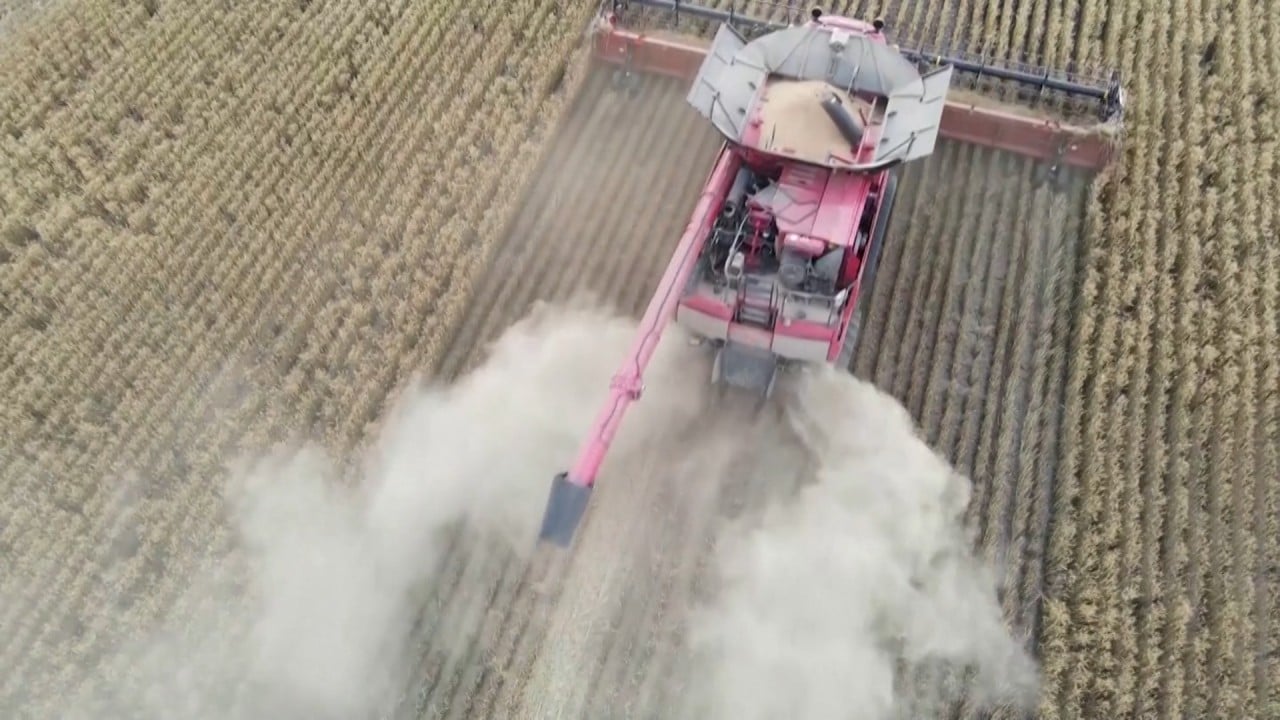
01:15
China-Australia trade: Beijing set to ban nearly US$400 million worth of Australian wheat imports
Turnbull, who was deposed by his party over backbench resistance on issues including his efforts to take action on climate change, welcomed Chinese President Xi Jinping’s recent pledge to make China carbon neutral by 2060, which he said Australia should be able to match easily.
“It’s an audacious goal but if any country could do it, China can,” said the former prime minister, who has described his inability to enact policy on climate change as the biggest regret of his time in office.
“The challenge for China to decarbonise is greater not least because energy demand is rising – whereas in Australia demand is fairly flat. GDP is growing – or was pre-Covid-19 – but energy intensity is falling.”
Turnbull, whose administration was also marked by tensions with Beijing over its 2018 Huawei ban, also rejected suggestions that he had set off the downward spiral in ties with ill-judged rhetoric.
In an interview with the Post this week, former Labor Party foreign minister Bob Carr said Turnbull had exhibited a “flamboyant lack of diplomacy” while introducing foreign interference laws in 2017 that were widely seen as aimed at Beijing.
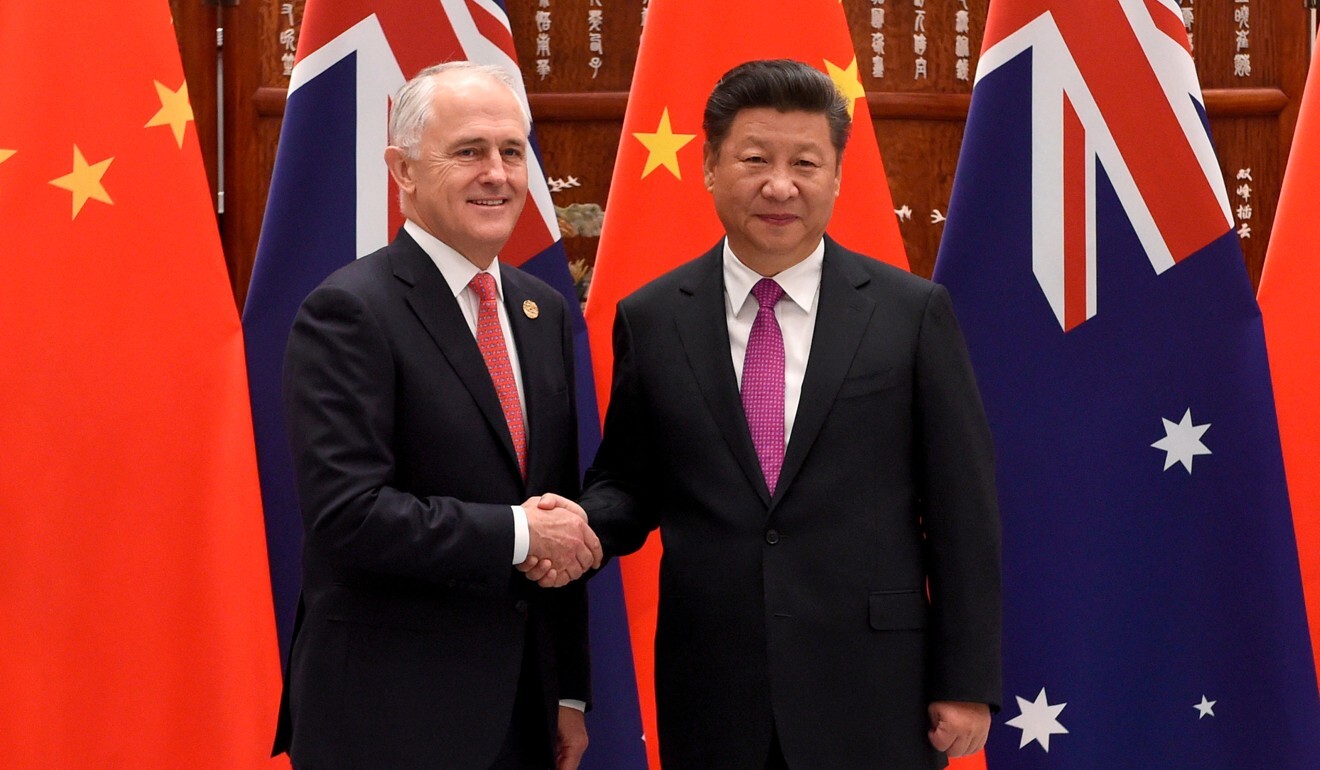
Carr noted Turnbull’s invocation of a famous quote by Mao Zedong to stress the need for Australia to “stand up” to alleged Chinese interference.
“I don’t agree with Bob’s characterisation at all. I dealt with this critique in my book,” Turnbull said, referring to his memoir in which he labelled blowback over the incident as “confected indignation” and “unhinged”.
Sino-Australian relations have rapidly deteriorated since April, when Canberra proposed the establishment of an independent international inquiry into the origins of Covid-19 without prior consultation with Beijing. China has since slapped tariffs and other restrictions on more than a dozen key Australian exports, including coal, timber, barley, beef, and wine.
Although China has insisted the measures came in response to trade and quarantine violations, the restrictions have been widely viewed in Australia as politically motivated retaliation. China is Australia’s largest trading partner by far, taking about 40 per cent of all its exports. In 2019-2020, two-way trade between the sides came to some A$240 billion (US$176.5 billion)
Addressing an ongoing stalemate that has seen 50 ships transporting Australia coal stranded off China, Prime Minister Scott Morrison on Thursday said he was working with the Chinese government for a resolution but tensions would not be resolved by “surrendering” Australia’s sovereignty.
Earlier in the week, Morrison said Australia was open to dialogue with Beijing and hoped for “happy coexistence” between the sides, while praising China’s economic development.
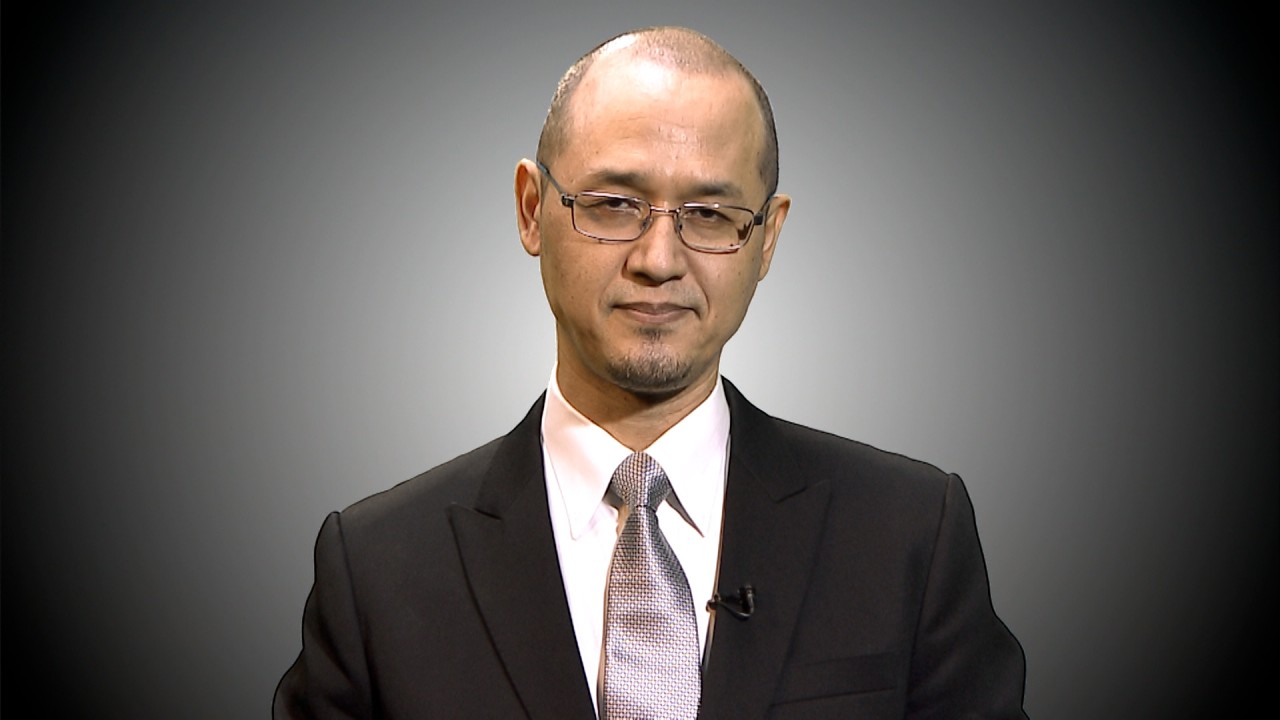
03:24
Are Australians really unsafe in Hong Kong?
Chinese foreign ministry spokesman Zhao Lijian noted Morrison’s “positive comments” about China’s economic growth, while urging Canberra to make “independent, objective, sensible choices that serve its own interests”.
Turnbull said Canberra had taken a measured approach during the recent tensions.
“Basically, the government can only do what it has done, which is to say, we look forward to the resumption of discussions,” he said.
“The Australian government is being very measured and low key in its reactions, which is I think the right way to be, but it is not going to start knuckling down to demands delivered on a log of claims presented by the Chinese embassy in Canberra.”
He added that he was optimistic that Sino-Australian relations would return to an even keel, and called for “calm and respectful dialogue”.
“There are some areas, which for national security reasons are not going to welcome investment from China, but the reality is … it is much easier for Chinese companies to invest in Australia than Australian companies to invest in China,” he said. “The scope for collaboration is enormous and remains so. The rhetoric should just be dialled right down.”